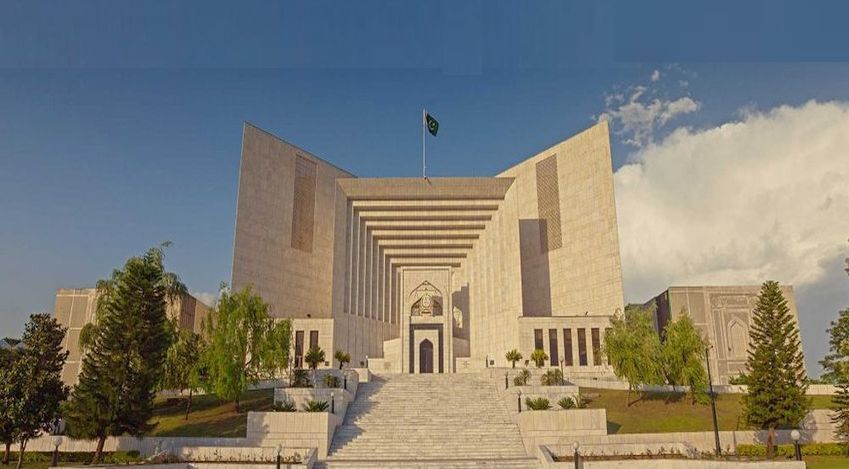Islamabad, 13-08-2024: In a significant ruling, the Supreme Court of Pakistan has upheld the rights of workers employed by IFFCO Pakistan (Private) Limited, affirming that they are indeed permanent employees of the company, despite being labeled as contract workers under third-party agreements. The judgment, delivered by a bench comprising Mr. Justice Muhammad Ali Mazhar and Mr. Justice Irfan Saadat Khan, dismissed the civil petitions filed by IFFCO against a prior decision by the Sindh High Court.
The case stemmed from petitions filed by IFFCO workers under Section 54(e) of the Industrial Relations Act, 2012, in which they sought recognition as permanent employees. The workers argued that they had been working under the direct control and supervision of IFFCO for years, yet were being denied benefits such as annual increments, bonuses, and medical facilities by being classified as contract workers.
The Supreme Court upheld the findings of the National Industrial Relations Commission (NIRC) and the Sindh High Court, which had both ruled in favor of the workers. The Court emphasized that outsourcing agreements cannot be used as a tool to circumvent labor laws and deprive workers of their lawful rights. It was noted that the workers were performing permanent roles within IFFCO’s operations and that the company exercised control over their work, rendering them employees of IFFCO despite the existence of third-party contracts.
The judgment referenced several key precedents, including Fauji Fertilizer Company Ltd. vs. National Industrial Relations Commission & others (2013 SCMR 1253) and Abdul Ghafoor vs. The President National Bank of Pakistan (2018 SCMR 157), reinforcing the principle that workers under the direct control of a company must be recognized as its employees, irrespective of any outsourcing agreements.
The Court further criticized the use of expired contracts by IFFCO to justify the classification of workers as contract employees, ruling that these arrangements were a sham and designed to evade labor laws. The decision has been hailed as a victory for workers' rights, ensuring that employers cannot use legal loopholes to undermine the employment status of their workforce.
In its concluding remarks, the Supreme Court reiterated that the High Court should not interfere with concurrent findings of fact unless there is a clear misreading of evidence or a violation of law. The Court dismissed IFFCO’s petitions and refused leave to appeal, upholding the rights of the workers to be recognized as permanent employees with all associated benefits.
This landmark ruling is expected to have significant implications for labor practices in Pakistan, particularly in industries where outsourcing is commonly used to manage workforce costs. The decision reinforces the judiciary's commitment to protecting workers' rights and ensuring that labor laws are applied fairly and justly across the country.
Powered by Froala Editor








